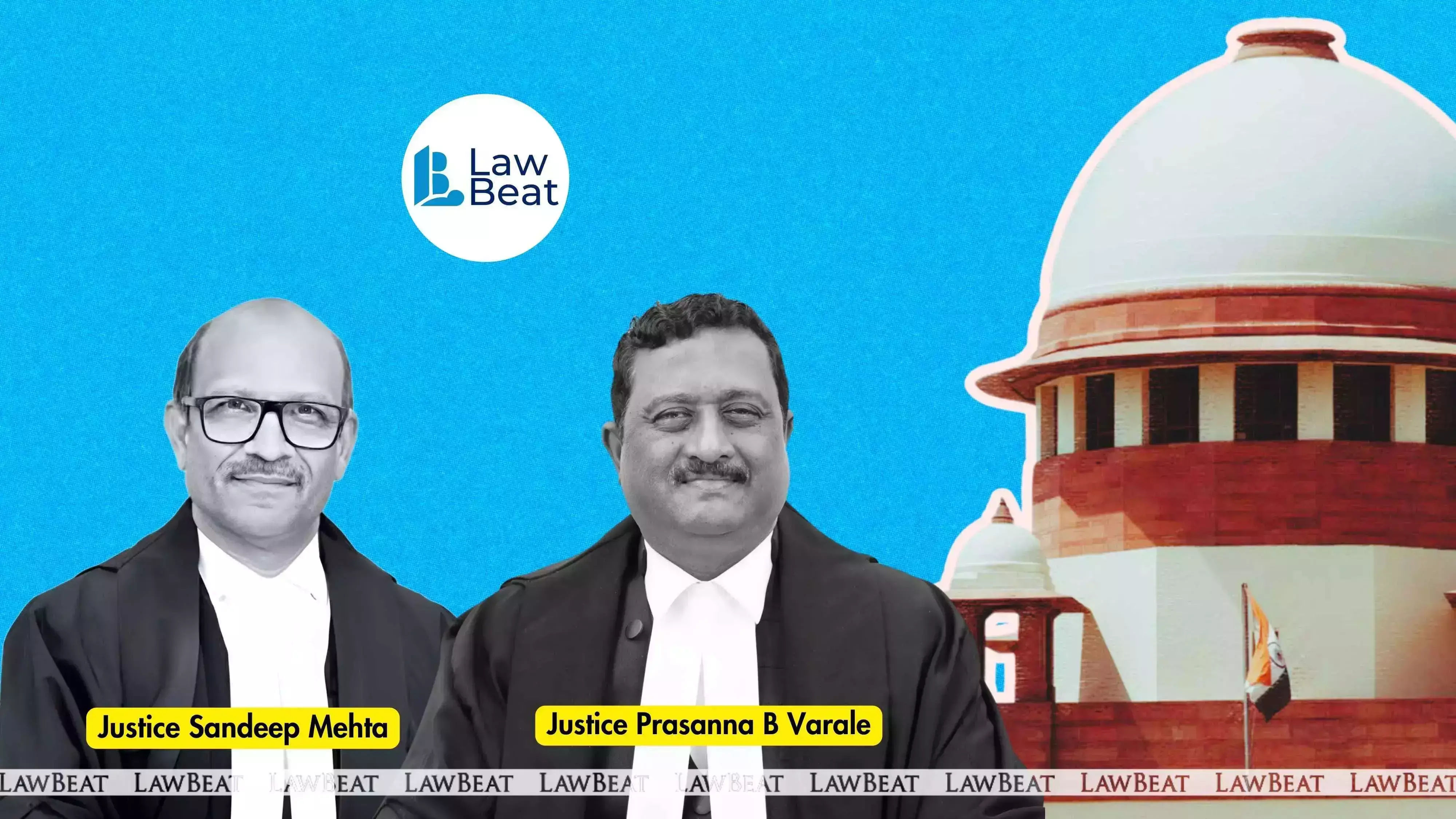Sale Made Before 2005 Hindu Succession Act Amendment Not Affected by Section 6: SC

The Supreme Court has reiterated that the prohibition under Section 6 of the amended Hindu Succession Act, 1956 does not invalidate a registered sale deed executed prior to December 20, 2004, the cut-off date for the application of the 2005 Amendment.
A bench comprising Justices Sandeep Mehta and Prasanna B Varale dismissed a special leave petition challenging the Karnataka High Court’s decision that upheld the validity of a sale transaction dated March 10, 2003, executed in favour of Shantilkumarswamy R Subramany (defendant No. 9 in the trial court).
The petitioners, Renavva alias Lakshmi and others, had filed a suit seeking partition and separate possession of joint family properties. They claimed to be legal heirs of the propositus and asserted that the sale in question was void in light of the rights accrued to them under the amended Section 6 of the Hindu Succession Act, introduced by the 2005 Amendment.
However, the High Court rejected the plaintiffs’ claims, relying on the Supreme Court’s decision in Vineet Sharma v. Rakesh Sharma (2020), and held that:
“The prohibition contained in Section 6 of the amended Hindu Succession Act, 1956 did not have any effect on the registered sale deed which was executed prior in point of time to December 20, 2004.”
The High Court had noted that while the plaintiffs and defendants Nos.1 to 8 were members of a Hindu Undivided Family (HUF), and the suit schedule properties constituted joint family properties, the proviso to sub-section (1) of Section 6 explicitly safeguards transactions executed before December 20, 2004.
It observed:
“As per the proviso to sub-section (1) of Section 6 of the Hindu Succession Amendment Act, 2005, nothing contained in this sub-section shall affect or invalidate any disposition or alienation including any partition or testamentary disposition of property which had taken place before December 20, 2004.”
The trial court had previously held that the sale deeds dated March 10, 2003 and July 3, 1993 executed by certain co-parceners were not binding on the shares of specific plaintiffs and defendant No. 2. This finding was overturned by the High Court, which concluded that the 2003 transaction in favour of respondent No. 1 was protected under the law.
Upholding the High Court’s view, the Supreme Court dismissed the special leave petition, stating:
“Having heard and considered the submissions advanced by learned counsel for the petitioners and after going through the impugned order, we do not find any error or infirmity in the impugned judgment so as to interfere therein. Hence, the special leave petition is dismissed as being devoid of merit.”
The judgment reinforces the settled legal position that the 2005 Amendment to the Hindu Succession Act cannot retrospectively undo valid transactions made before its enactment date.
Case Title: Renavva @ Lakshmi Vs Shantilkumarswamy R Subramanya & Ors.
